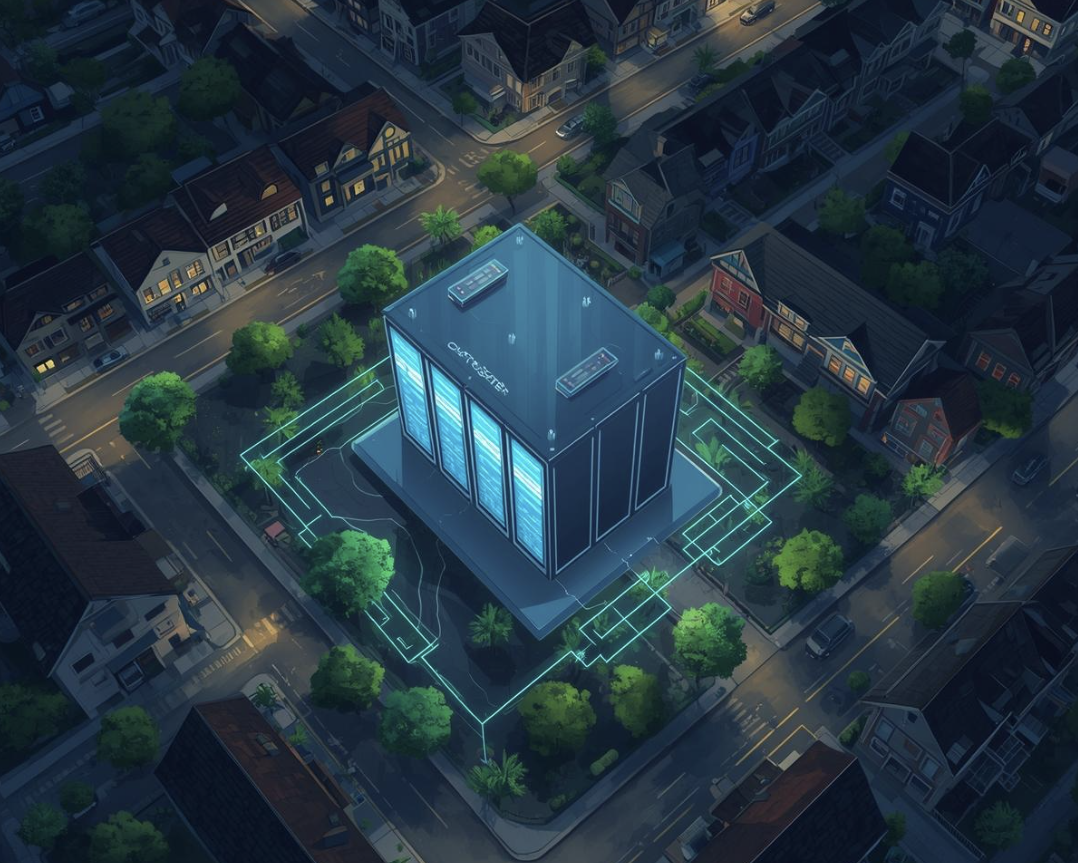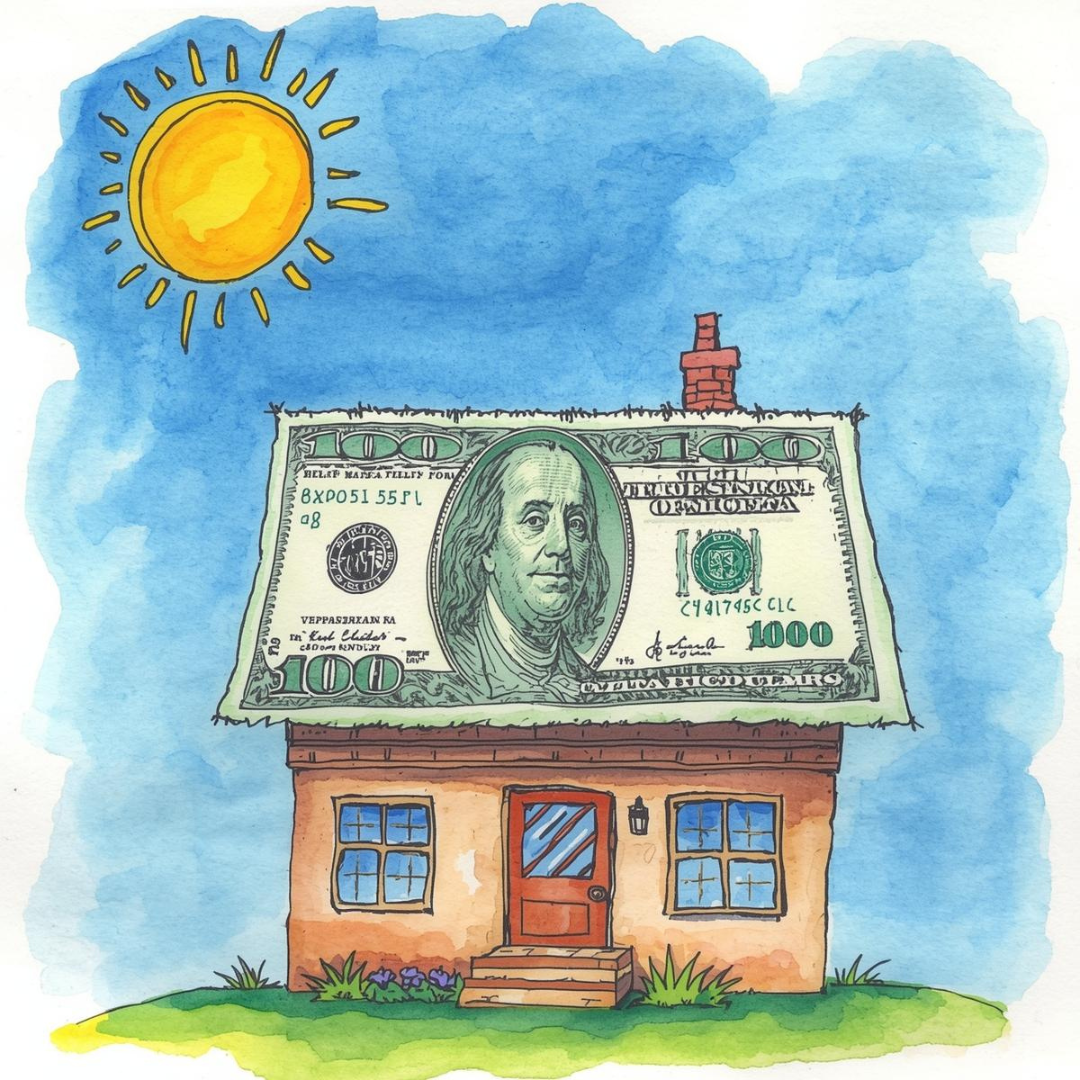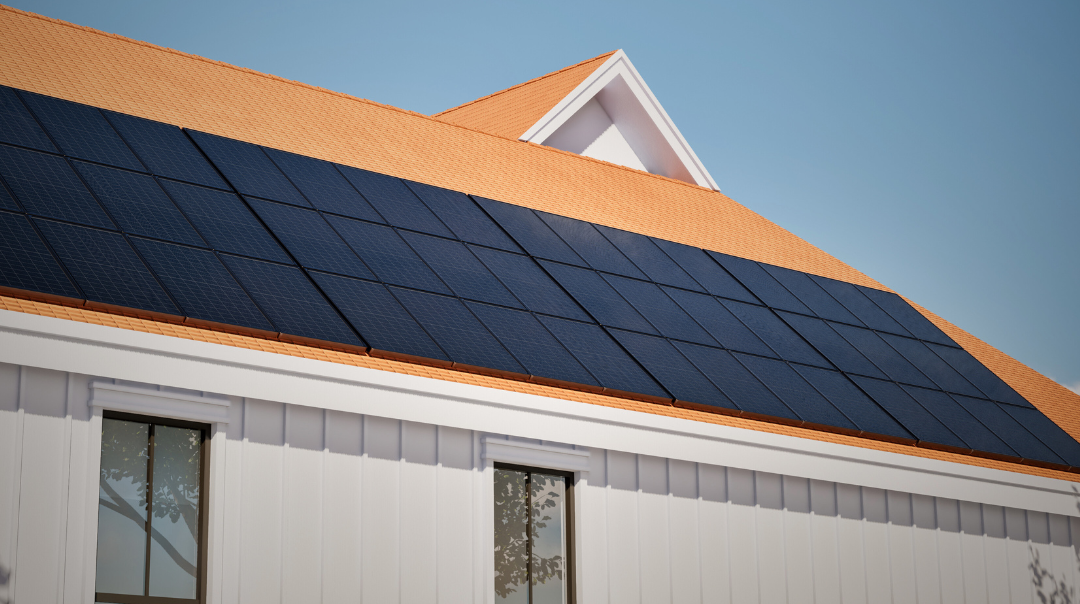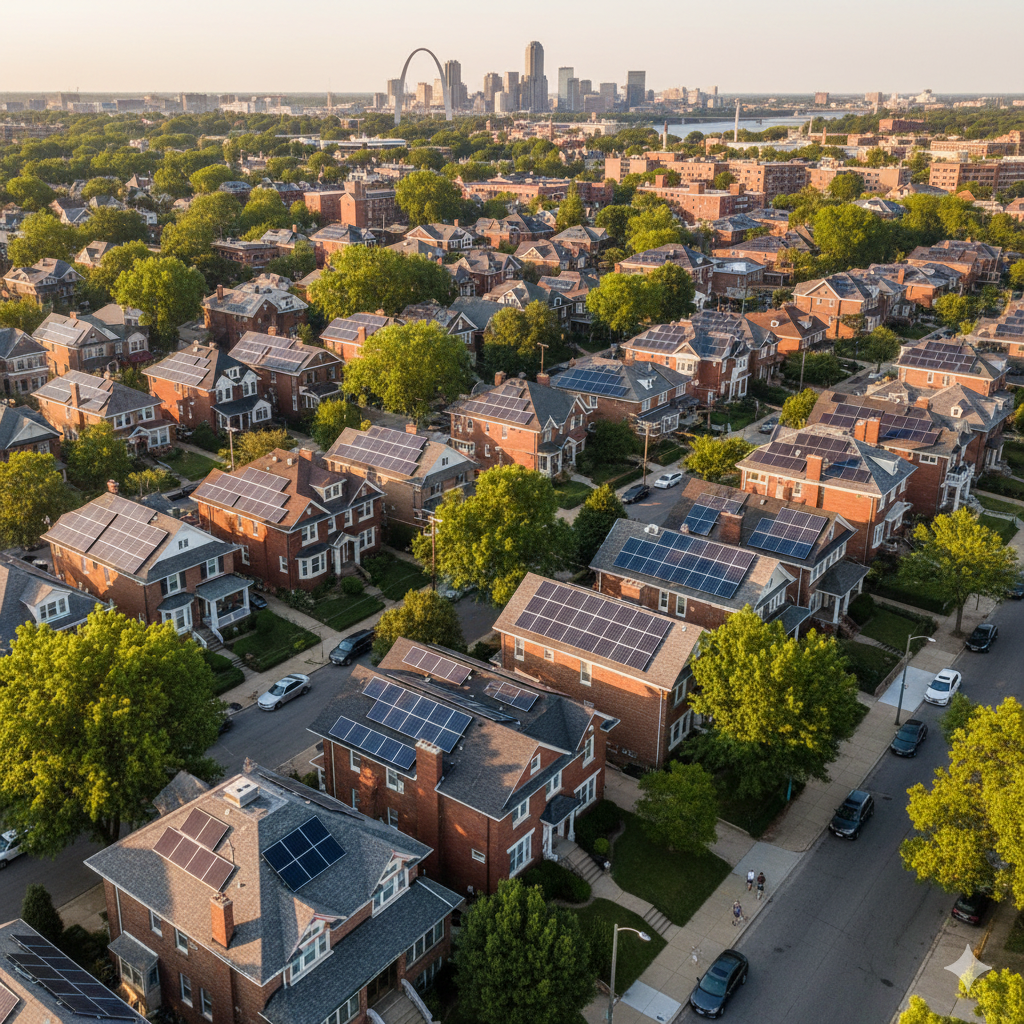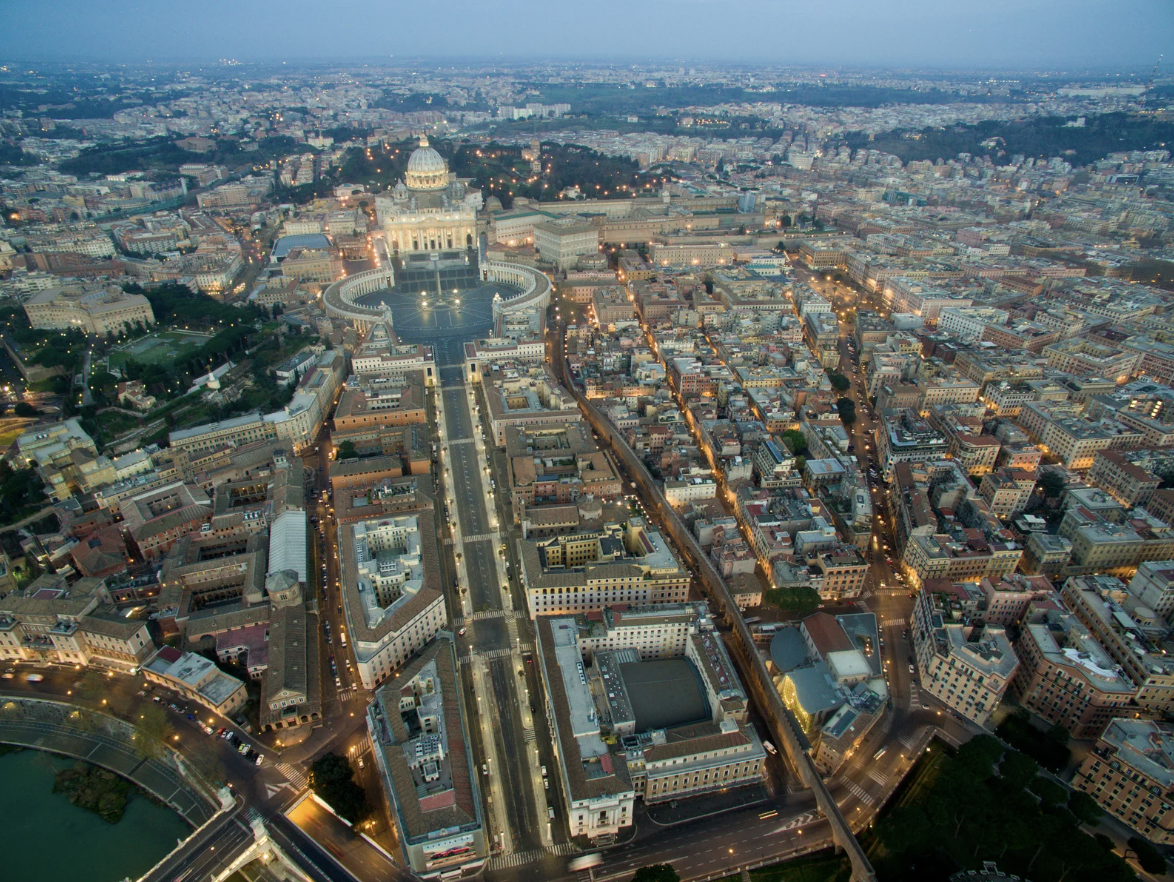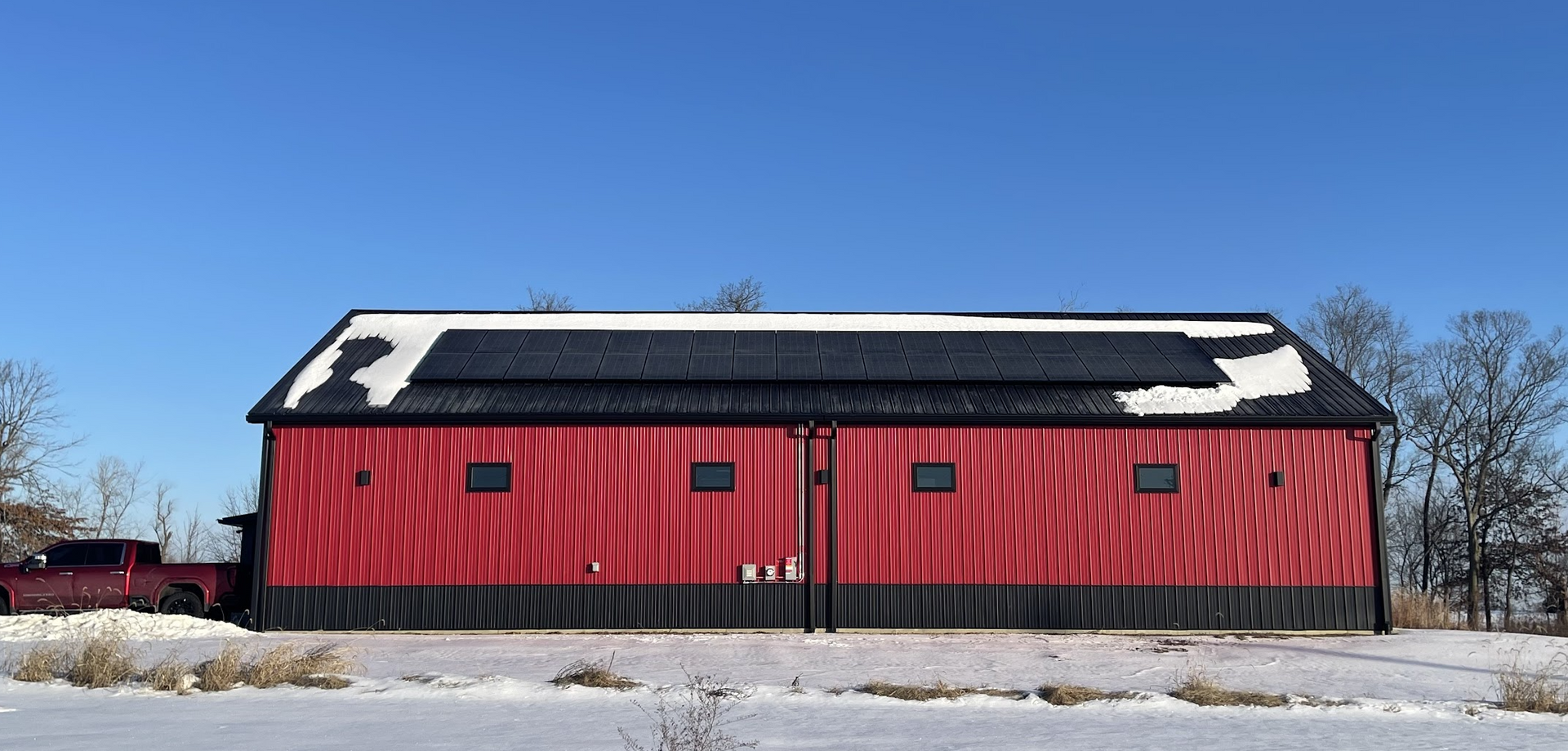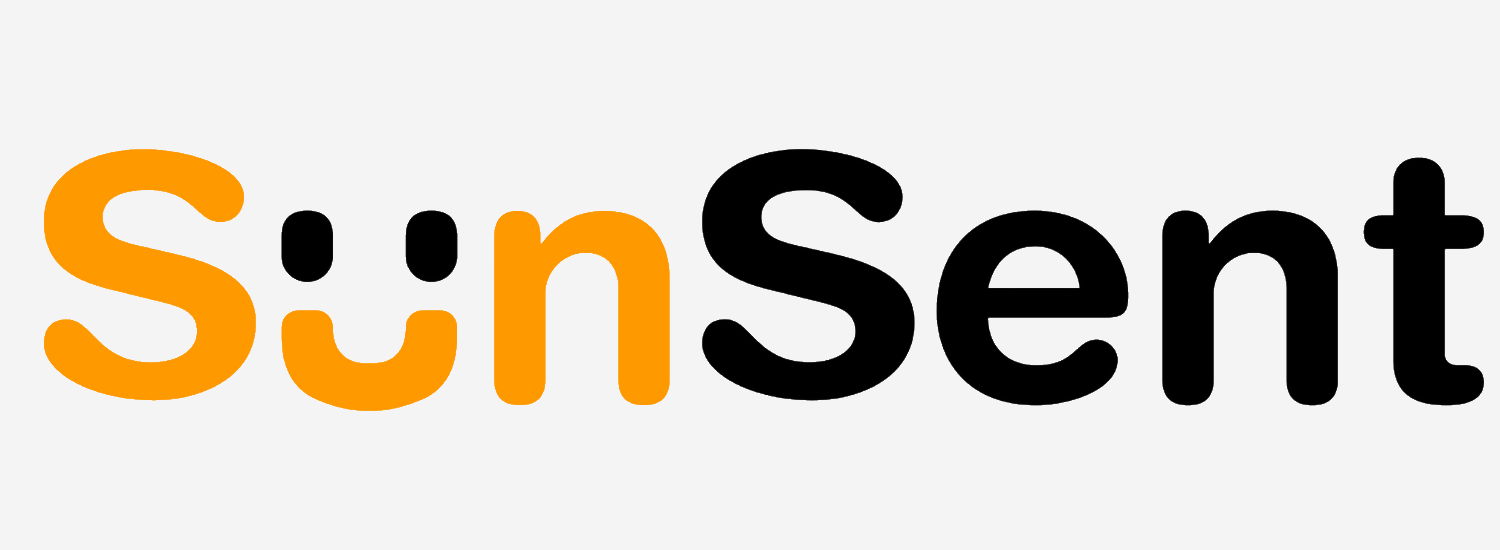Why Solar is Still Your Best Investment, Even Without the Full Tax Credit
News of the federal solar tax credit ending may have caused many homeowners to pause and ask a fundamental question: Does going solar still make financial sense?
According to renowned environmental activist and author Bill McKibben—who has been at the forefront of the climate conversation since the 1980s—the answer is a resounding yes. In fact, he argues that we are at a once-in-a-generation turning point where solar is more vital and practical than ever before.
In a recent interview following the release of his book, Here Comes the Sun, McKibben shared insights into why solar has become the "Costco of energy" and what homeowners need to know right now.
Solar is Not Just "Nice"—It's the Cheapest Power on Earth
The fundamental argument for solar is no longer about idealism; it's about economics. McKibben points out a simple, profound truth: the cheapest way to make power is to point a sheet of glass at the sun.
- Free Fuel Forever: Once your solar panels are installed, the energy delivered by the sun every morning is free. This simple fact is why the technology is scaling so fast globally.
- The "Whole Foods vs. Costco" Analogy: McKibben clarifies that solar is no longer a "Whole Foods" product—nice but pricey for a select few. It is now the "Costco of energy"—cheap, available in bulk, and ready to go. This makes it an incredibly practical choice for the budget-conscious, everyday homeowner.
Why the Midwest Solar Investment Still Makes Sense
Even with the phase-out of the full federal incentive, the core economic case for residential solar continues to strengthen, especially in the Midwest:
1. Skyrocketing Utility Prices
McKibben warns that the price of conventional electricity is increasing rapidly due to high demand and constricted supply from traditional sources. As utility rates rise, the savings offered by generating your own fixed-cost solar energy become exponentially more valuable. Your solar system locks in your power costs, insulating you from market volatility.
2. The Liberation Argument: Resilience & Control
Beyond cost, solar offers a profound form of "liberation." McKibben notes that for many Americans, regardless of politics, the appeal of solar is simply having a home that is a castle with an independent power supply.
- Grid Reliability: The value of solar battery storage is now undeniable. Solar-plus-storage systems allow you to sustain your home for days during power outages, ice storms, or grid failures. This is the ultimate energy independence and security for your family.
- No Noise, No Fuel: Unlike loud, carbon-monoxide-producing generators, a battery system (like those integrated with SunSent Solar installations) operates silently and runs on the sun's free energy.
3. The Permitting Bottleneck: The True Cost Culprit
McKibben highlights the real reason U.S. solar can cost three times more than in Europe or Australia: administrative hurdles and permitting bottlenecks.
While it's frustrating, the solution is not to wait, but to work with reputable companies and advocate for change. As groups work to simplify local and state permitting rules (like promoting automated systems), the solar panel cost will plummet, making the financial case even stronger in the coming years.
SunSent Solar: Your Midwest Partner for Energy Independence
The message is clear: delaying your solar investment means missing out on immediate, substantial savings while exposing yourself to rising utility prices.
At SunSent Solar, we believe in delivering the most reliable and cost-effective Midwest solar installation. We are experts at:
- Maximizing Local Savings: We leverage every local and state incentive available to reduce your upfront solar panel cost.
- Integrating Storage: We specialize in modern solar battery storage solutions that enhance your security, grid reliability, and independence.
- High-Quality Installation: We adhere to the highest standards, ensuring your system performs optimally for decades, making your return on investment robust.
Don't wait for ideal conditions that may never arrive. The best time to plant a tree was 20 years ago; the next best time is today.
FAQ: Solar Investment in a Changing Market
Q: Does solar still save me money without the full federal tax credit?
A: Yes. The primary driver of savings is avoiding high and rising utility electricity rates. While the tax credit lowered the upfront solar panel cost, the long-term financial case remains solid, especially when factoring in the increased cost of buying power from the grid.
Q: Why is solar more expensive in the U.S. than in Europe?
A: According to experts like Bill McKibben, the difference is primarily due to "soft costs," such as our country's complex, decentralized permitting, inspection, and administrative hurdles (permitting bottleneck), not the equipment itself. Efforts are underway to streamline these processes.
Q: Is a solar battery necessary for my system?
A: A battery is not mandatory, but it's highly recommended. It allows your home to achieve true energy independence by storing excess energy and providing crucial backup power during outages. The price of solar battery storage is dropping quickly, making the investment increasingly worthwhile for grid resilience.
Q: If I wait for prices to drop, will I save more money?
A: Waiting is risky. While administrative costs may eventually decrease, you will be paying high utility rates and missing out on the four to five years of free power you could be generating right now. Most financial models show that installing now is still the best decision.
Ready to take control of your energy independence? Contact SunSent Solar today for a complimentary assessment of your home and a customized quote.

